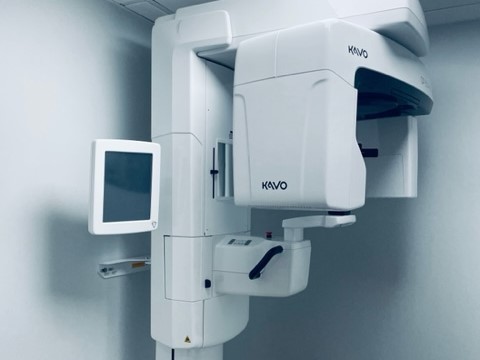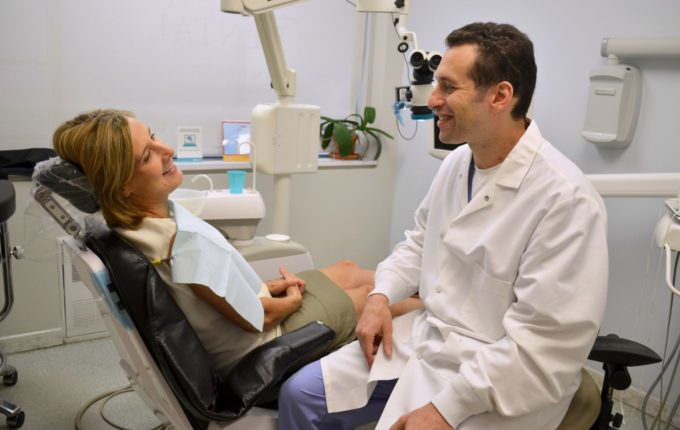Can a Tooth That Needs a Root Canal Heal Itself?
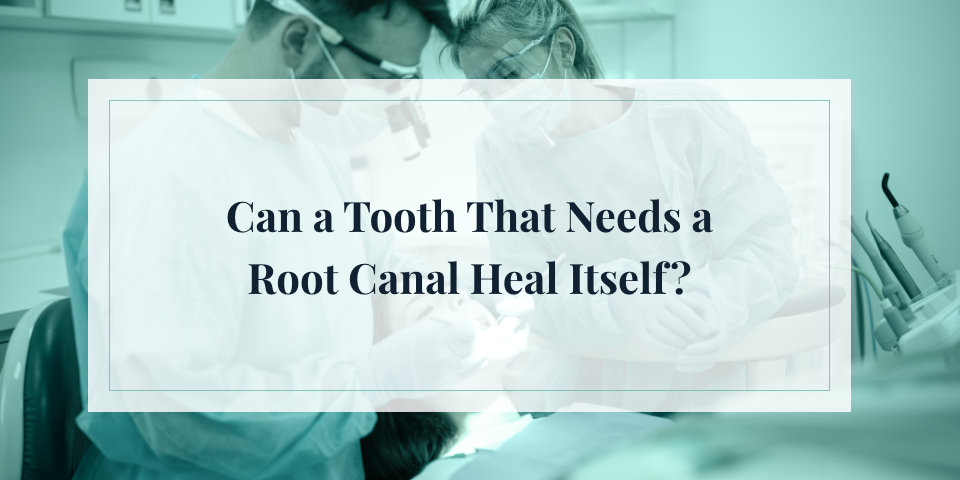
- Can A Tooth That Needs A Root Canal Heal Itself?
- Are There Other Treatment Options Besides A Root Canal?
- Midtown Endodontist NYC
Do you have a tooth that may be in need of a root canal? You might wonder if root canal treatment is a necessary dental procedure if you’re experiencing no pain. If you’re worried about having a root canal and are unsure what to do, read below to find out what a root canal is, if it can heal itself, what your treatment options are and more!
What Is a Root Canal?
A root canal is a treatment provided by an endodontist when the soft tissue inside of a tooth has become infected. The soft tissue, or pulp, contains nerves and blood vessels. Some typical causes of infections include injury, trauma to the tooth and untreated cavities.
The root canal procedure involves creating an opening in the tooth for the endodontist to remove all the infected pulp and nerves inside the tooth. After the endodontist removes the infection, they clean the tooth and refill it with thermoplastic material all the way down to the roots. The endodontist then seals the tooth to help prevent any future infection.
The root canal procedure frightens many people and is often exaggerated in the media. It’s often portrayed as very painful, when realistically, it’s a simple procedure that prevents more pain than it causes.
Root canals are viewed by many as much scarier than they truly are. If you need to get a root canal, there is nothing to be worried about.
Your endodontist knows what they are doing and has likely performed a root canal procedure many times before. Don’t let your fear prevent you from getting the treatment you need.
Can a Tooth That Needs a Root Canal Heal Itself?
The short answer is no, a tooth that needs a root canal cannot heal itself naturally. The long answer is fairly straightforward. The infected tissue inside a tooth cannot heal by itself and will only get worse over time if left untreated.
Even if you experience no pain, you should still seek treatment. Having no pain in the tooth does not mean the pulp has healed itself. It likely means the infection has progressed enough to kill the nerves inside the tooth, which can make it seem like a tooth that needs a root canal stopped hurting.
Once the nerves inside the tooth have died, the infection will still be present even though you no longer feel any pain.
If you disregard an infected tooth because you no longer feel any pain and think it has healed itself, the infection can spread to other teeth and other parts of your body.
What Could Happen If You Do Not Get a Root Canal?
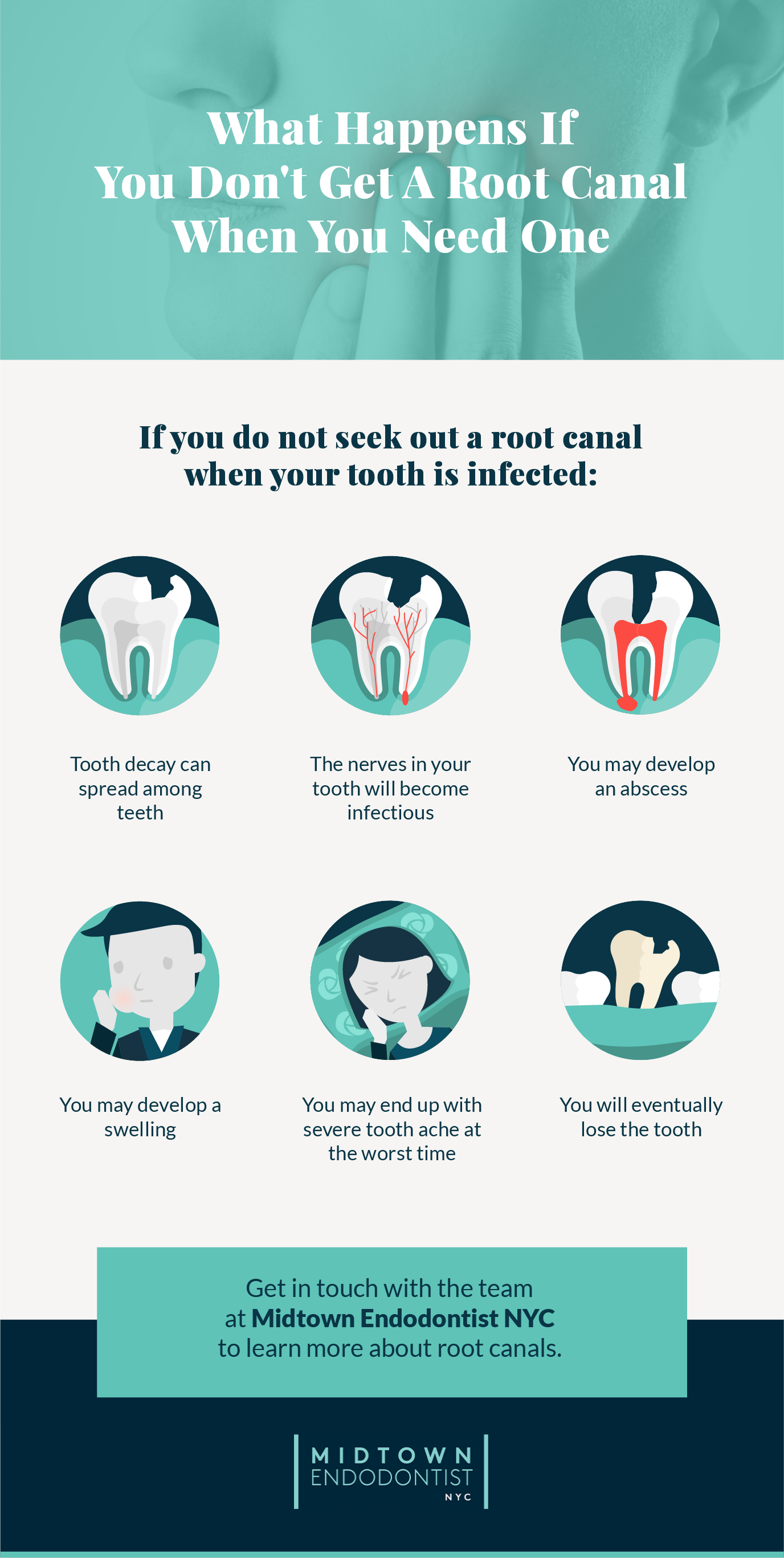
Leaving an infected tooth untreated can cause numerous problems. If you let the infection go on for too long, you will likely lose that tooth. The tooth decay from the lost tooth can affect other teeth and general oral hygiene as well. Not only will this cause you to lose your teeth, but it can create several other medical issues in your mouth if untreated.
Even if the tooth pain goes away, the infection will not. It could spread to your jaw and even your blood, brain and other body parts.
Teeth are unlike other parts of the body in that they cannot heal themselves when they become damaged. The only way to solve an infection is to remove the infected parts to save the natural tooth.
If there is an option to save the natural tooth, that is the best course of action because teeth replacements don’t have all the same functionalities or the feel of real teeth.
It is best to catch the infection as soon as possible because the longer the infected tooth is left untreated, the worse it will get, possibly resulting in an emergency procedure. As the infection gets worse, it becomes more difficult for the root canal procedure to be performed. Leaving the infection untreated also decreases the probable success of the procedure due to additional complications that may not have existed if the infection was treated immediately.

Other Medical Conditions
Leaving an infected tooth untreated for too long can lead to more serious complications. Several other serious medical conditions and even life-threatening complications can occur if you allow the infection to spread.
An infection that is left to spread can cause a dental abscess. A dental abscess is a sac filled with pus, forming around the root of the tooth that has been infected. Dental abscesses are typically painful and should be treated immediately. If left untreated, they can cause serious and life-threatening problems, such as:
- Jaw infection
- Joint problems
- Heart attacks
- Strokes
- Sepsis
These complications can be avoided by treating the tooth before it forms a dental abscess or something more complicated and life-threatening.
Alternatives to a Root Canal
A root canal is the best and most reliable treatment for an infected or decayed tooth unless the tooth cannot be saved with root canal due to severity of the infection or if the tooth has either a vertical fracture or fracture at the root. The only option to treat such cases will be a tooth extraction. This means removing the entire tooth and replacing it with a dental implant. If you would like to learn more about Root Canal vs Implant please check out our article.
People often delay getting a root canal because of fear, cost, a lack of knowledge about the procedure or hope that the infection will go away by itself. “Do root canals hurt?” is one of the most asked questions on the internet. If this is your concern, please read the article. Ignoring a tooth infection will not make it go away or get better. The best way to handle it is to visit a doctor to get it treated as soon as possible.
- Pulp Capping
If the damage to your tooth is minor, pulp capping can be an option to avoid a root canal. This procedure places a protective material over the exposed pulp to allow healing.
Root Canal vs Extraction
Root canals are quick, easy and are the best way to preserve for the natural tooth. They typically have few complications and are the most beneficial option for treating tooth infections.
Tooth Extraction
In cases of severe decay or damage, a tooth extraction might be the only option. While this might alleviate pain and prevent infection, it comes with its own set of challenges. Tooth loss can affect your bite, lead to misalignment, and compromise your overall oral health. You may need to consider dental implants or bridges to restore the gap left by the missing tooth.
It’s helpful to educate yourself and talk to an endodontist about how the procedure goes so that you can get your tooth fixed without any serious complications.

Get Root Canal Therapy From Midtown Endodontist NYC
After reading this post, you may be able to figure out if you need a root canal. If you are unsure, talking to a professional is always the most effective solution. Midtown Endodontist NYC has highly trained doctors who are specialists in this area of dentistry and friendly staff who love to help patients with all their root canal-related questions. Call us today at (347) 708-8795 or book an appointment online to get your teeth treated!
 Our Providers
Our Providers
 Blog
Blog
 Contact us
Contact us
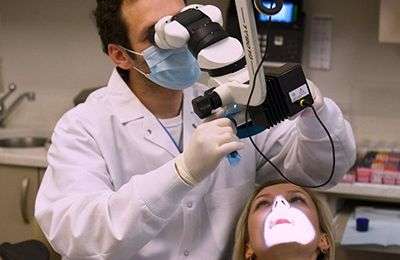 Endodontics
Endodontics
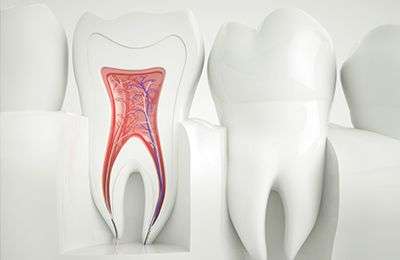 Root Canal Treatment
Root Canal Treatment
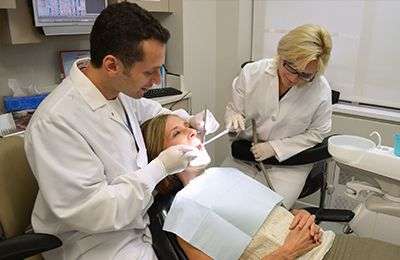 Emergency Root Canal
Emergency Root Canal
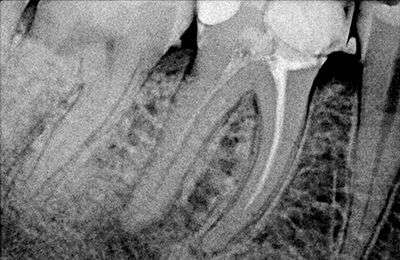 Root Canal Retreatment
Root Canal Retreatment
 Complimentary Teeth Whitening
Complimentary Teeth Whitening
 Teeth Whitening
Teeth Whitening
